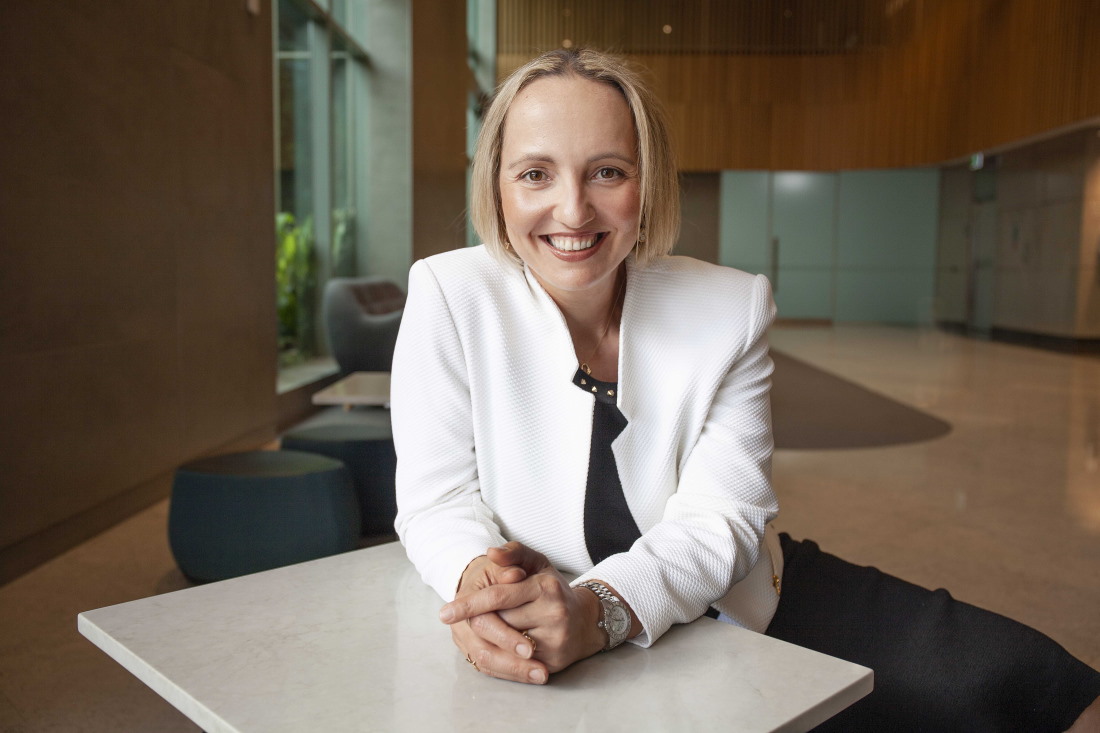Why it’s time for Australian organisations to adopt an accounting regime that works efficiently
- Written by Claudia Pirko, ANZ Regional Vice President at BlackLine

Embracing solutions which are compatible with the remote working model would boost productivity for accounting and finance departments which have been forced to decentralise
It’s been a busy few months for Australian finance and accounting leaders.
Since the COVID crisis began, they’ve had to contend with a flurry of demands for up-to-date reports and data, from senior executives, and get to grips with government programs designed to cushion the impact of the virus, including JobKeeper and the Coronavirus Small and Medium Enterprises Guarantee Scheme.
Finance leaders have also had to spearhead cost cutting drives and provide operational support to human resources colleagues implementing stand down and redundancy programs.
In many cases, these activities have had to be carried out from a distance, as a result of the shutdown restrictions introduced in March to slow the spread of the virus. Very often, it’s been with the assistance of fewer team members, with finance departments losing their own fair share of employees to COVID cutbacks.
Cloud cover
One of the many stories to emerge from the pandemic has been the relative ease with which organisations that have a ‘cloud-first’ ICT strategy have pivoted to remote working.
But while cloud accounting and financial software use has been on the rise in Australia in recent years, a significant proportion of local organisations have yet to make the shift.
Consequently, legacy solutions and entrenched, labour-intensive practices have made the migration to remote working a challenging one for their finance and accounting departments.
On-premises accounting systems can be difficult to access remotely; a problem for finance teams which are being requested to pull figures and run reports urgently, by business leaders anxious to keep abreast of their organisation’s position in uncertain times.
On the operational front, manual transaction processing and reconciliation tasks can be tricky to delegate and supervise when the finance team is widely dispersed, not clustered in the office.
Closing off the books is a group exercise in many organisations; one that can entail a combination of face-to-face meetings, phone calls, emails and ad hoc chats. This rolling ‘conversation’ can be difficult to replicate in cyberspace and, unless good communication platforms and protocols are put in place, there’s a chance of relevant information being miscommunicated, or not communicated at all.
Collaborative and continuous cloud accounting
A continuous accounting model powered by automated technology can provide a solution to these issues and enable decentralised finance teams to operate more securely, productively and responsively, during what continues to be a very volatile period.
The term ‘continuous accounting’ refers to a methodology which allows workloads to be spread evenly across the accounting period, rather than concentrated at the end of the month or quarter. It centres around three principles – the automation of repetitive processes, the elimination of end-of-period bottlenecks and the implementation of a continuous improvement culture.
By eliminating manual processes, continuous accounting solutions dramatically reduce the risk of human error. And because they enable reconciliations and transaction processing to occur in real, or near real, time, they can provide finance leaders and other decision makers with an up-to-the-minute snapshot of their organisation’s position. That’s critical in these unprecedented times, when forecasts and financial arrangements may need to be overhauled rapidly.
An accounting model for the post-COVID future
COVID-19 has up-ended Australia’s economy and business landscape and made remote working the default modus operandi for organisations of all stripes and sizes. Those which adopt systems and adapt processes to support this new normal will stand a better chance of surviving and thriving during the challenging months and years to come.
A continuous accounting model, underpinned by a cloud based platform which harnesses the power of automated accounting technology, can enable finance departments to remain productive, efficient and secure, irrespective of where they’re located.
https://www.blackline.com/










